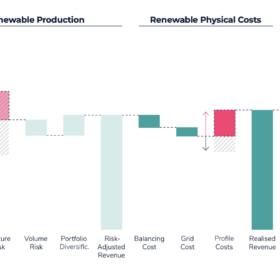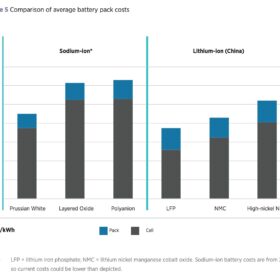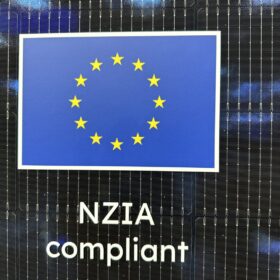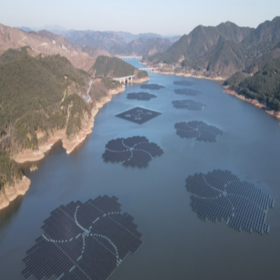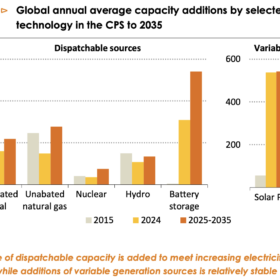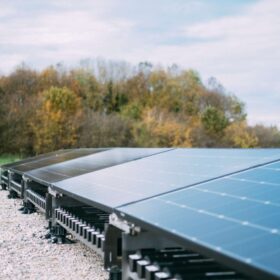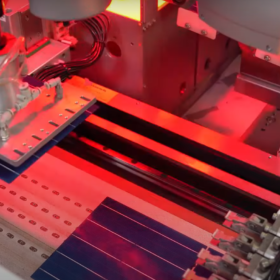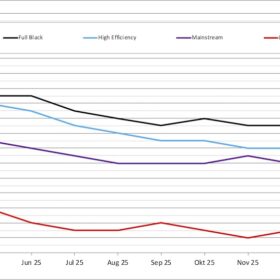‘Back contact will reach cost parity with TOPCon before end of decade’
During a pv magazine Week Europe 2025 webinar, panelists forecast back contact (BC) solar cells’ market share will draw level with TOPCon towards the end of the decade, before tandem technology begins large-scale momentum in the early 2030s.
New generation of IPPs is emerging, says Pexapark
Renewables research firm Pexapark says Europe’s independent power producers (IPPs) are evolving into customer-centric platforms with a focus on adding battery energy storage systems (BESS) to their portfolios and more structuring and pricing capabilities to prepare for the next wave of deals.
Saudi Arabia secures financing for 15 GW of new solar and wind capacity
A consortium led by Acwa Power, Water and Electricity Holding Co. (Badeel) and Saudi Aramco Power Co. has secured a $5.9 billion senior debt facility for seven Saudi Arabia renewable energy projects totaling 15 GW across solar and wind.
Sodium-ion battery cell cost could drop to $40/kWh, says IRENA
A report from the International Renewable Energy Agency (IRENA) notes that while it is still uncertain whether sodium-ion batteries will become a disruptive alternative to lithium-ion technology, they could offer significant cost-saving opportunities in applications such as electric vehicles and large-scale energy storage.
European solar manufacturing ‘considerably behind’ NZIA targets, says EU observatory
A report from the Clean Energy Technology Observatory finds that while the EU is a technology leader in PV inverters, trackers and mounting structures, its manufacturing capacity in solar ingots, wafers, cells and modules falls far behind targets set by the Net Zero Industry Act.
China dominates global polysilicon capacity, says Bernreuter Research
Bernreuter Research says nine of the world’s ten largest polysilicon manufacturers are based in China, with Tongwei, GCL Technology, Daqo New Energy and Xinte Energy holding a combined 65 percent share of global output in 2024.
South Korea switches on 47.2 MW floating PV project
The Ihma Dam solar project is South Korea’s largest floating PV array located alongside a multi-purpose dam. The project features a resident-participation model allowing those living within a one kilometer radius to share profits from its power supply.
IEA warns global solar growth may plateau at 540 GW annually to 2035
The International Energy Agency (IEA) said global solar capacity additions are projected to average 540 GW a year through 2035, as outlined in its World Energy Outlook 2025 report.
World’s first solar park featuring hydrogen-producing PV modules takes shape in Belgium
A 2 MW solar park in Wallonia, Belgium, will rely 50 kW of hydrogen-producing solar modules developed by Solhyd, a spin-off from KU Lueven. The installation will be the first demonstration of Solhyd’s technology at a commercially-relevant scale.
India solar module output to exceed 125 GW in 2025, says Wood Mackenzie
Wood Mackenzie says in a new report that India’s solar manufacturing boom risks overcapacity and calls for a shift from expansion to cost competitiveness.

